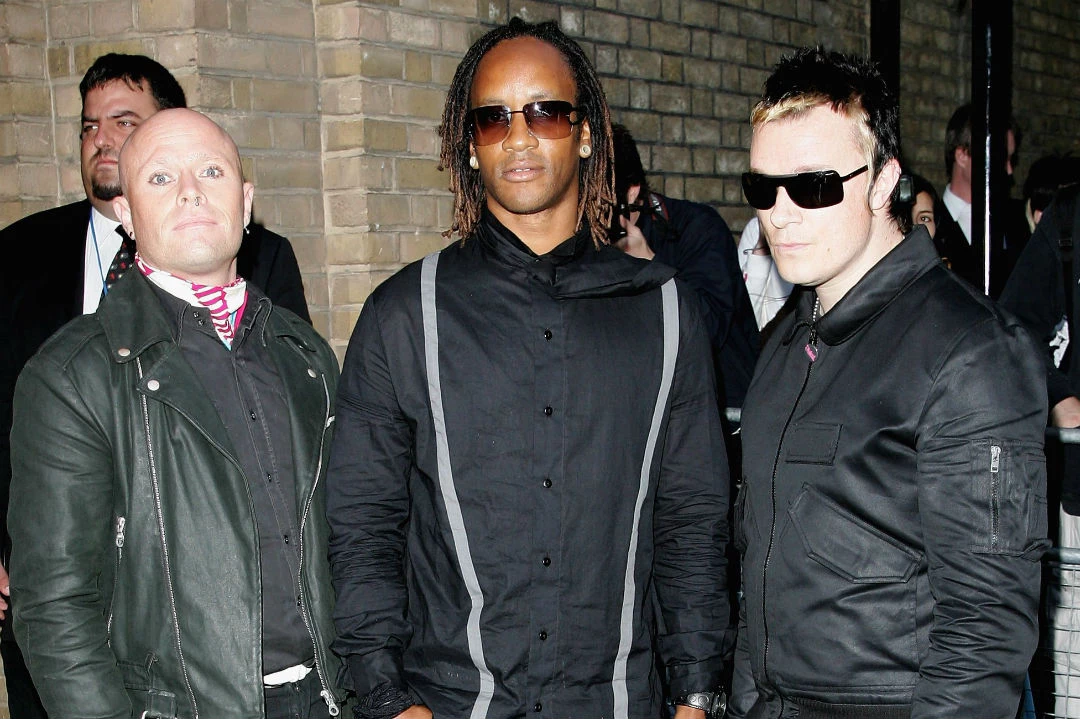

If that name sounds familiar, it’s likely because Santaolalla won back-to-back Oscars for his scores to Brokeback Mountain and Babel. In perhaps the documentary’s most powerful moment, Castillo gets the opportunity to travel to LA to jam with prolific Argentine producer and composer Gustavo Santaolalla. Juanito’s Lab works best when it lets the music speak for itself - as in a dumbfounding clip from an outdoor performance in which Castillo unleashes a freewheeling jazz improvisation on a bajo sexto, scat-singing along with his own spontaneous creation.

#Music prodigy movie full#
Castillo’s creative restlessness is on full display, and in the end, the viewer is unsure whether he’ll ever be fully satisfied. Without inserting spoilers, the film’s climax and conclusion suggest that one of Castillo’s biggest wins so far in life may, in fact, lie outside of music.Įven so, the directors’ organic approach brings a sense of authenticity to the project. The less-charted path taken by the makers of Juanito’s Lab may prove frustrating for viewers looking for a tidy story about an artist’s climb to success.


More often, filmmakers turn their cameras on musicians who have already formed their sound and achieved some degree of success. He confides to Lopetegui on camera that the still-unreleased project feels too much like Baca’s baby.īecause Juanito’s Lab follows a subject still spreading his artistic wings, its narrative arc deviates from that of the standard long-form music documentary. Castillo spent two years playing drums for Jordan, who was also severely visually impaired.Įven a later opportunity for Castillo to cut an album with Grammy-winning bajo sexto player Max Baca doesn’t quite offer the musical freedom the young musician is after. In a telling moment, a teenaged Castillo vents to the camera about the matching “cowboy clothes” he’s forced to wear onstage.Īs a young adult, Castillo also bristles against expectations that he carry on the legacy of the late Esteban Jordan, the revered accordion pioneer who mentored him along the way. His aspirations and abilities extend to jazz and other music, so he feels constrained as others urge him to stick with Tejano and conjunto. The film’s titular lab is a casita behind the Castillo family home where the musician continuously toiled to unlock the next stages in his artistic evolution.Įarly in the film, it becomes clear that Castillo struggles with societal expectations. Despite that disability, his parents demanded his independence and encouraged him to pursue his early gift with music.Īfter singing in front of crowds at Market Square while in elementary school, Castillo went on to master more than a dozen instruments, including the accordion, guitar, bass, bajo sexto and drums. Blind nearly from birth, the 32-year-old Castillo got his start as a conjunto child prodigy, but the film chronicles his effort to chart a new musical course - a quest that’s at once restless, invigorating and unrelenting.Ī labor of love for married filmmakers Guillermina Zabala and Enrique Lopetegui - the latter of whom once worked as the Current’s film and music editor - Juanito’s Lab will make its debut at San Antonio’s CineFestival.Ĭastillo was born prematurely, his retinas burned after he was placed in an incubator. It hits you, and it keeps hitting you.”Īs viewers watch the nearly two-hour documentary unfold, they’re likely to experience a similar feeling. It’s a wave that’s the way my music comes when we play,” San Antonio musician Juanito Castillo says at the opening of Juanito’s Lab, a new film documenting 15 years of his life. Juanito's Lab will debut at this year's CineFestival in San Antonio.


 0 kommentar(er)
0 kommentar(er)
